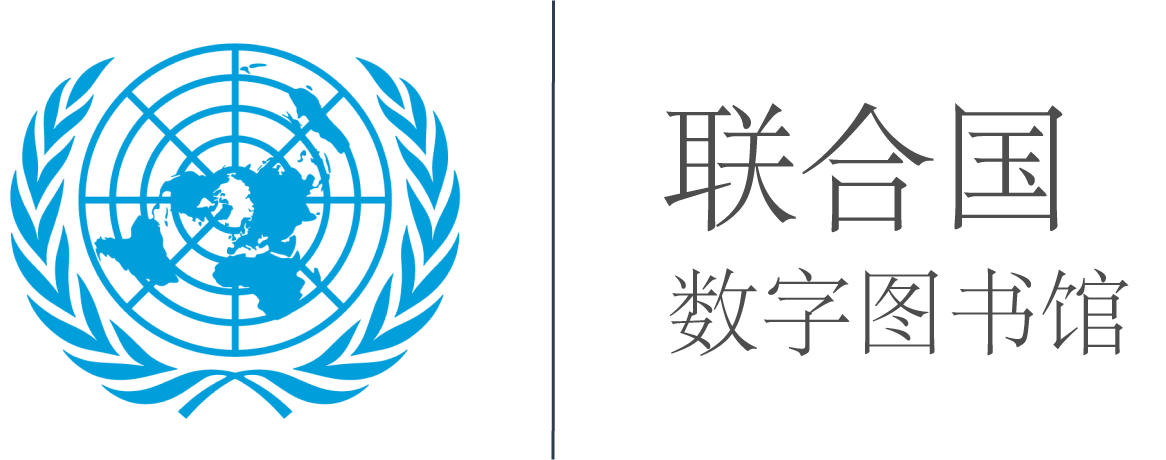Files
详细记录
标题World Development Report, 2011 : conflict, security and development
获取Bahasa: WDR2011ind - PDF ; English: WDR2011eng - PDF ; Français: WDR2011fre - PDF ; Русский: WDR2011rus - PDF ; العربية: WDR2011ara - PDF ; 中文: WDR2011chi - PDF ; 日本語: WDR2011jpn - PDF ;
摘要
The 2011 World development report looks across disciplines and experiences drawn from around the world to offer some ideas and practical recommendations on how to move beyond conflict and fragility and secure development. The key messages are important for all countries-low, middle, and high income-as well as for regional and global institutions: first, institutional legitimacy is the key to stability. When state institutions do not adequately protect citizens, guard against corruption, or provide access to justice; when markets do not provide job opportunities; or when communities have lost social cohesion-the likelihood of violent conflict increases. Second, investing in citizen security, justice, and jobs is essential to reducing violence. But there are major structural gaps in our collective capabilities to support these areas. Third, confronting this challenge effectively means that institutions need to change. International agencies and partners from other countries must adapt procedures so they can respond with agility and speed, a longer-term perspective, and greater staying power. Fourth, need to adopt a layered approach. Some problems can be addressed at the country level, but others need to be addressed at a regional level, such as developing markets that integrate insecure areas and pooling resources for building capacity Fifth, in adopting these approaches, need to be aware that the global landscape is changing. Regional institutions and middle income countries are playing a larger role. This means should pay more attention to south-south and south-north exchanges, and to the recent transition experiences of middle income countries.
索书号
IBRD(058)/W6
Internet
Internet
作者IBRD
日期Washington DC, ; The World Bank, 2011
国际标准图书编号/国际标准期刊编号
9780821384398
0163-5085
0163-5085
